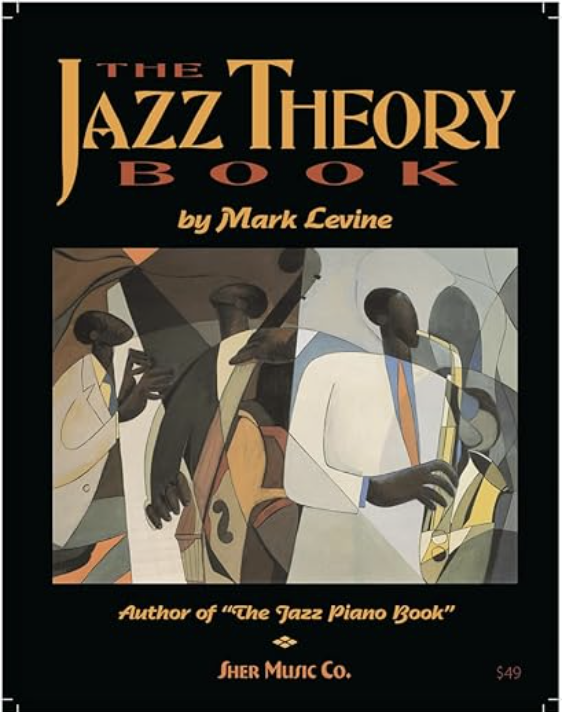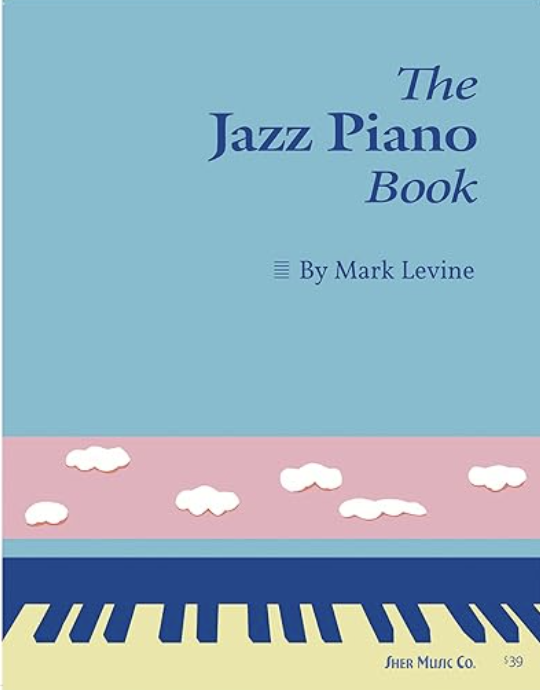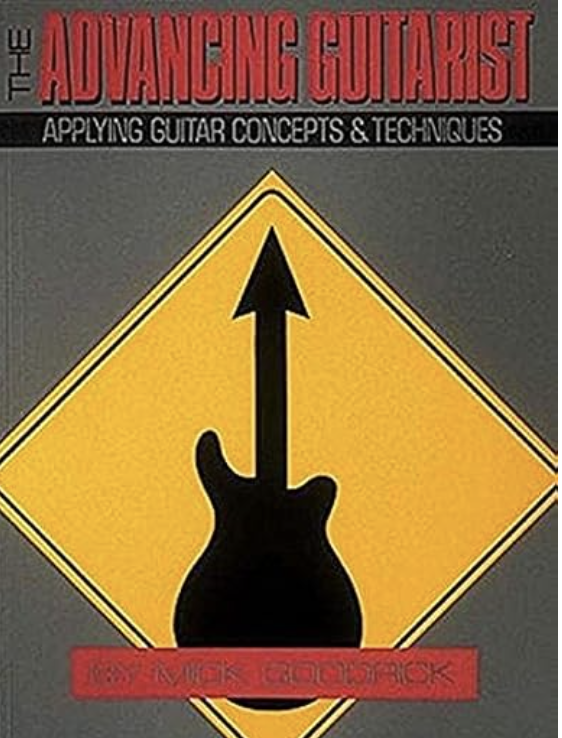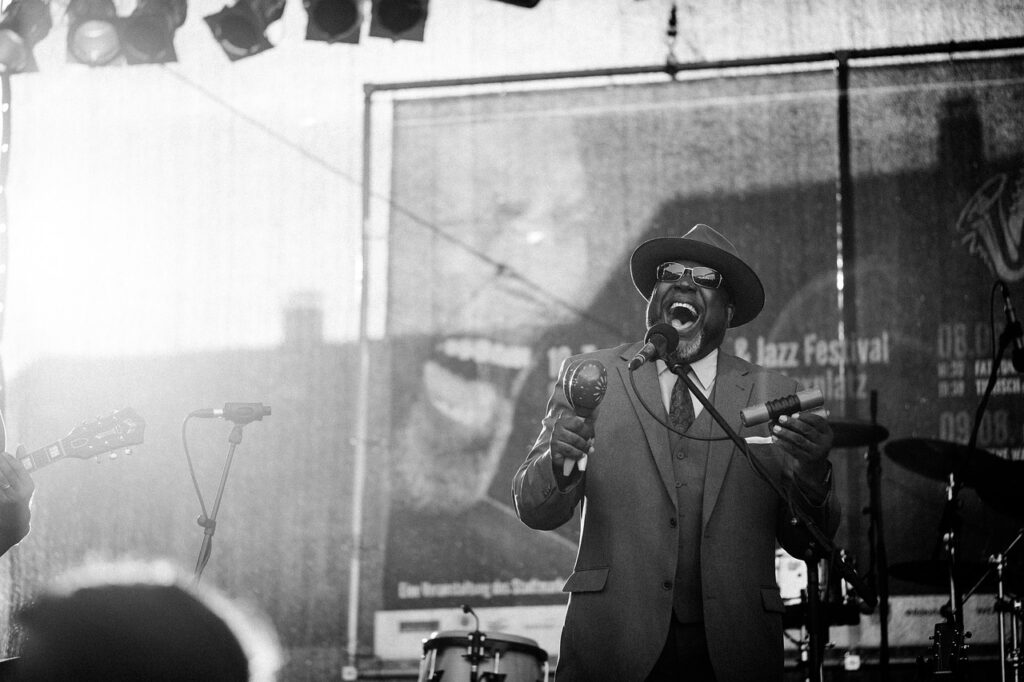Introduction
Jazz is a language, and like any language, it has its own grammar, vocabulary, and structure. Without a solid understanding of jazz theory, improvisation can feel like guesswork. That’s where the best jazz music theory books come in—they provide a structured way to learn harmony, chord progressions, scales, and improvisation techniques. As the legendary Miles Davis once said, “Do not fear mistakes. There are none.” But to truly express yourself freely in jazz, you need the right knowledge.
In this guide, we’ll explore the top three jazz music theory books that every jazz musician should have on their shelf. Whether you’re a beginner or an advanced player, these books will take your understanding and playing to the next level.
ALSO: The BEST Music Theory Books Right Now
The Jazz Theory Book by Mark Levine (Buy here)

Why This Book Is Essential
- One of the most comprehensive jazz theory books available, covering everything from basic harmony to advanced reharmonization.
- Written in an easy-to-follow manner with hundreds of musical examples from jazz legends.
- Covers chord voicings, modes, scales, bebop, and modern jazz harmony.
- Includes real-world applications with transcriptions from great jazz pianists and improvisers.
- Highly recommended for musicians who want a deep and structured understanding of jazz harmony.
This book is often considered the “Bible of Jazz Theory” because of its thorough approach to harmonic analysis, improvisation, and composition. The way Levine explains complex ideas in a practical, musician-friendly manner makes it an essential read. It’s particularly helpful for those who want to develop a solid foundation in jazz harmony while also diving into the more advanced techniques of reharmonization and voicings. Whether you’re a pianist, guitarist, or horn player, this book will significantly improve your understanding of jazz harmony.
Key Topics Covered
- Chord-Scale Relationships – How to use the major, minor, and altered scales effectively in improvisation.
- Chord Voicings & Reharmonization – How to create rich and expressive jazz harmonies.
- Bebop & Modal Jazz Concepts – Learn the melodic and harmonic devices used by jazz greats like Charlie Parker and John Coltrane.
- Practical Exercises – Helps apply theory directly to your playing.
Who Should Read It?
Perfect for intermediate to advanced jazz musicians, especially pianists, guitarists, and improvisers looking to enhance their harmonic knowledge.
The Jazz Piano Book by Mark Levine (Buy here)

Why This Book Stands Out
- A must-read for jazz pianists who want to develop a deep understanding of jazz harmony and improvisation.
- Covers chord voicings, comping techniques, and bebop phrasing in a structured way.
- Provides step-by-step guidance on how to build jazz voicings from the ground up.
- Includes real-world applications and examples from legendary jazz pianists.
- Designed for self-study or classroom use, making it versatile for different learning styles.
This book is widely regarded as one of the best resources for learning jazz piano. It systematically breaks down how jazz pianists approach harmony, comping, and improvisation, making it an indispensable guide. If you’ve ever struggled with understanding how to voice chords, create smooth progressions, or develop a sophisticated jazz sound, this book will help you unlock the secrets of professional jazz piano playing. The exercises and examples encourage hands-on practice, allowing pianists to internalize the concepts effectively.
Key Topics Covered
- Building Jazz Voicings – Learn how to construct two-handed voicings and rootless chord structures.
- Comping Techniques – Understand the rhythmic and harmonic role of the piano in a jazz ensemble.
- Scales & Modes for Improvisation – Discover the best scales and modes to use over different chord changes.
- Transcriptions & Analysis – Study real jazz performances to see how professionals apply theory.
Who Should Read It?
Ideal for jazz pianists at any level, from beginners who want to learn proper jazz voicings to advanced players looking to refine their improvisation and comping skills.
The Advancing Guitarist by Mick Goodrick (Buy here)

Why This Book Is a Game-Changer
- Not just for guitarists—this book explores jazz concepts applicable to all instruments.
- Focuses on conceptual learning, helping musicians think creatively rather than just memorizing patterns.
- Covers advanced harmonic techniques, voice leading, and intervallic playing.
- Encourages musicians to develop their own voice rather than copying others.
- Great for players looking to break out of traditional improvisational habits.
This book is unlike any other jazz theory book because it doesn’t just teach jazz—it teaches you how to think as a musician. Mick Goodrick provides an innovative approach that encourages players to break free from rigid scales and patterns and focus on developing their own style. It’s particularly useful for guitarists who want to understand the fretboard on a deeper level while also exploring more advanced harmonic techniques. The book’s open-ended exercises allow musicians to think outside the box, making it a must-read for anyone who feels stuck in their playing.
Key Topics Covered
- Linear & Intervallic Improvisation – Move beyond scale-based soloing to more expressive phrasing.
- Harmonic Thinking – Develop a deeper understanding of how harmony influences melodic choices.
- Fingerboard Mastery (For Guitarists) – Learn the fretboard in a way that promotes fluid improvisation.
- Musical Creativity & Self-Expression – Exercises designed to help musicians find their unique style.
Who Should Read It?
Ideal for advanced players or those who feel stuck in their improvisation and want to explore new ways of thinking about jazz music.
Conclusion
If you want to master jazz music theory, these three books will provide you with everything you need:
- The Jazz Theory Book by Mark Levine for deep harmonic knowledge.
- The Jazz Piano Book by Mark Levine for a structured approach to jazz piano techniques and voicings.
- The Advancing Guitarist by Mick Goodrick for breaking out of improvisational habits and thinking creatively.
Each of these books is a goldmine of jazz knowledge and should be on every serious jazz musician’s bookshelf. Whether you’re just getting started or looking to push your jazz skills further, these books will transform your playing. Which book are you most excited to dive into? Let us know in the comments!





